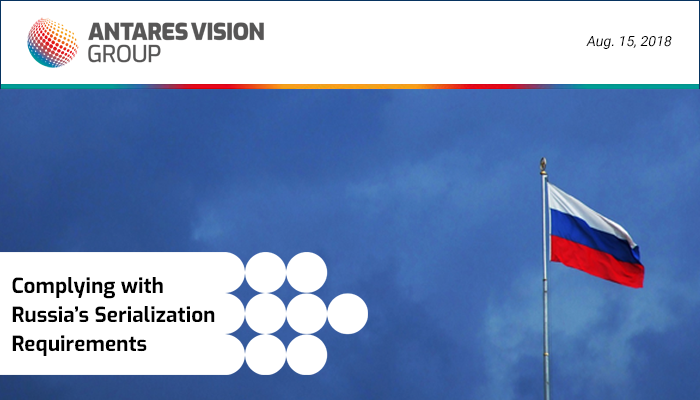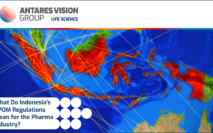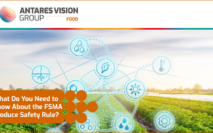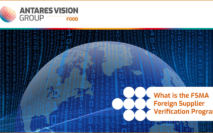On December 28, 2017, President Vladimir Putin signed Federal Law No. 425-FZ, establishing a path to serialization in the Russian supply chain. When the law was published the following day, it delayed the country’s serialization deadline from January 1, 2019, to January 1, 2020. Pharma companies now had an extra year to implement the legal requirements on serialization of drugs.
However, the serialization in Russia regulation is arguably the most complex centralized track and trace compliance regulation yet seen, and given that much of the detail is yet to be finalized, the industry is unsurprisingly being challenged by the timeframe.
So what are the details of the Federal Law, and how can pharmaceutical companies work towards compliance?
Federal Law No. 425-FZ
Under Law 425-FZ, in order to ensure effective quality control for pharmaceuticals and provide protection against fake and counterfeit medicines in Russia, a federal state IT system (the FGIS MDLP) is in the process of being set up in Russia to monitor the movement of pharmaceuticals from manufacturer to end user.
From January 1, 2020, pharmaceuticals manufacturers will have to put special identifiers on pharmaceuticals packaging that will enable the tracing of movements of pharmaceuticals from the manufacturer right up to the end user.
The specifications for these identifiers and the process for putting them on packaging is due to be published separately, while the details of the central system reporting system, which documents the key traceability events, their data structures and technical guidelines, are also still being finalized. What is known is that it will be mandatory to report the date of every phase of each product – from manufacture through to dispensation. In addition, Russia will be one of the small number of countries globally where the aggregation of pharmaceutical products for tracking purposes is required.
Further complexity comes from the differing reporting and labelling requirements depending on the status of the pharmaceutical company in Russia. If the company is a member of GS1 Russia, a barcode, the serial number and the product code are compulsory. In the instance of aggregation, a GTIN, FEACN (customs) code and case serial number are also necessary. If an organization is a non-GS1 Russia wholesale organization, then the requirements are also to include a SSCC code on the package and a unique serial number for each case.
Other important changes have been introduced by Law 425-FZ. In order for pharmaceuticals and active pharmaceutical ingredients to be registered, details will now have to be submitted of the applicant and manufacturer’s registration as a taxpayer in their country of incorporation – they will need to show their tax ID numbers. The holders or owners of registration certificates for pharmaceuticals and the manufacturers of pharmaceuticals and active ingredients registered before January 1, 2018 will have to submit details of their registration as taxpayers by January 1, 2019 to the Federal Service for Surveillance in Healthcare, Roszdravnadzor.
Steps to compliance
With MDLP currently in pilot and federal review of the initiative due imminently, any organizations who have yet to start their compliance project have little time left.
While the details remain to be finalized, the federal government has already communicated that any further extension to the deadline is unlikely. Indeed, there is even the likelihood that serialization for certain “vital and essential” medicines may be enforced during 2019.
So what steps should you be taking now, to mitigate the risk of non-compliance, and in the worst scenario – not being able to trade?
1. Establish a dedicated project team and project manager
Without executive buy-in and indeed buy-in across all organizational boundaries, there will no focus on the project and chances of success vastly reduced.
It’s vital that everyone across the business understands that without serialization, you will not be able to sell products in Russia after January 2020.
2. Engage in a pilot phase
Building in a pilot phase can make a huge difference to the formal implementation. This is a chance for discussion and debate around functional requirements. It also allows to you properly explore your Master Data Management processes.
Serialization is all about data, so you should have a clear vision of the IT landscape and how the data will flow – from the point of manufacture all the way through to the point of dispensation, and the generation of the compliance report to the federal system.
3. Think agile
Engage with a technology partner who will work in partnership with you to develop a system that can both bend to fit the yet-to-be-announced final details of the regulation, but also meet future requirements.
The best partner should be a recognized provider with experience, credibility and evidence that shows it can implement effectively within tight timeframes. A good partner will be committed to your success, keeping you abreast of fluctuating global regulations, and collaborating with you to customise solutions that adapt to changes in your business and the wider marketplace.
4. Act now
Serialization is an initiative that has far-reaching implications across global boundaries and as such requires a full change management process. Again, the best partners will be able to support you through this, but only if you allow enough time to fully on-board them.
Final thoughts
With global deadlines – DSCSA; FMD; and now Law 425-FZ – looming, it is perhaps unsurprising that pharmaceutical manufacturers and wholesalers feel under pressure from the mountainous task they face.
However, while certainly a challenge, your upcoming serialization in Russia does not have to be problematic.
For more information on how rfxcel can help with your serialization in Russia requirements, and to watch our “Serialization in Russia” webinar with Dmitry Freydin, Reckitt Benckiser, please contact us below to get full access to the webinar.
To learn more about Russian Pharma Compliance click here.





